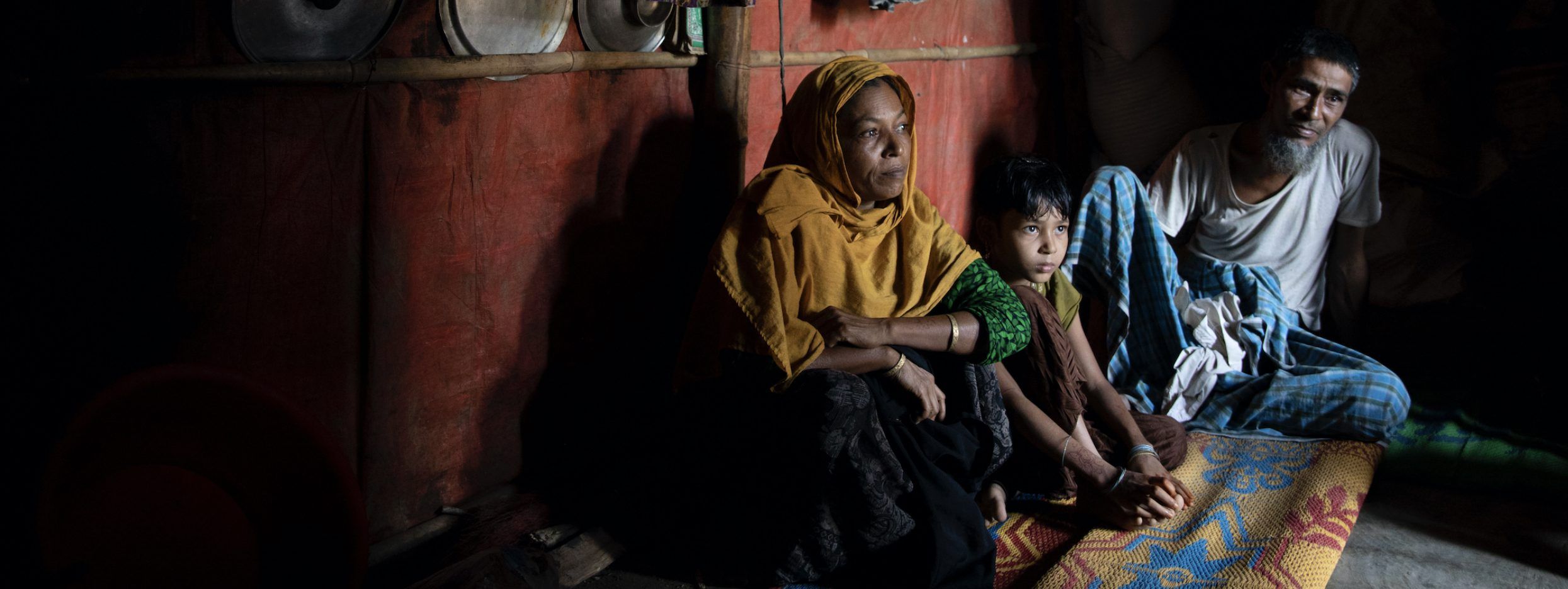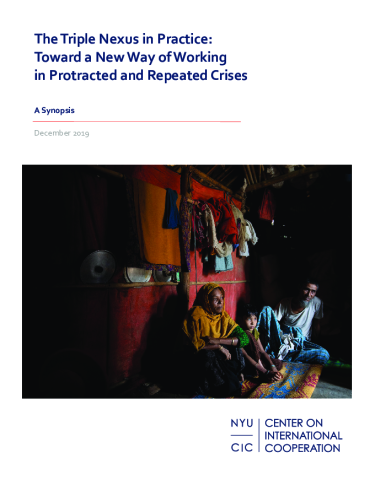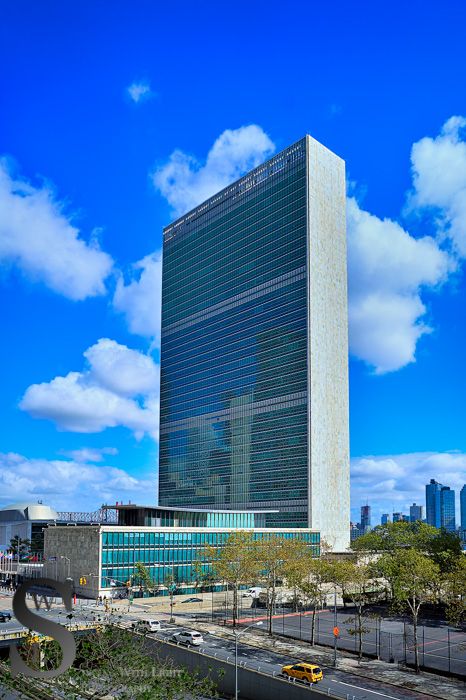In 2016, global policymakers came together to confront a critical policy dilemma: what is, or should be, the role of humanitarian action in a world beset by “permanent emergencies” that do not end, in which the root causes are overwhelmingly structural and political? One major outcome of the summit was the commitment to a “new way of working” based on linking the “triple nexus” of humanitarian, development, and peacebuilding (HDP) efforts. Our new report shares the results of a major independent review of the implementation of this process.

Click here to read a twelve-page synopsis of the report’s findings.
The review is based on interviews with over 300 individuals from United Nations (UN) country teams, governments, and civil society, including country visits to Chad, Ethiopia, Lebanon, Nigeria, and Somalia in 2018-2019, as well as insights from key informants in more than 20 countries.
The overall conclusions of the review are positive: behavioral change is occurring along each dimension of the new way of working. The report finds no shortage of promising efforts to reinforce, rather than replace, national and local systems. It documents more effective collaboration is emerging among HDP actors, and shows that efforts to prevent and prepare for crises before they emerge are growing in both number and sophistication.
However, the report also notes that deep challenges remain. Many of these promising developments are still in the pilot stage, and there are many missed opportunities. Moreover, the scale of the challenges facing affected countries continues to overwhelm both the scope of reform efforts and the resources available. Too often, funding still bypasses local and national-level systems, incentives for collaboration at the country level are limited, and preparedness and prevention remain afterthoughts.
In the face of these challenges, the report makes a number of detailed recommendations to improve the new way of working along three dimensions: by ramping up capacity in national and local systems, providing consistent follow-through to bridge the silos remaining between HDP actors, and to mainstream anticipatory approaches in practice.



